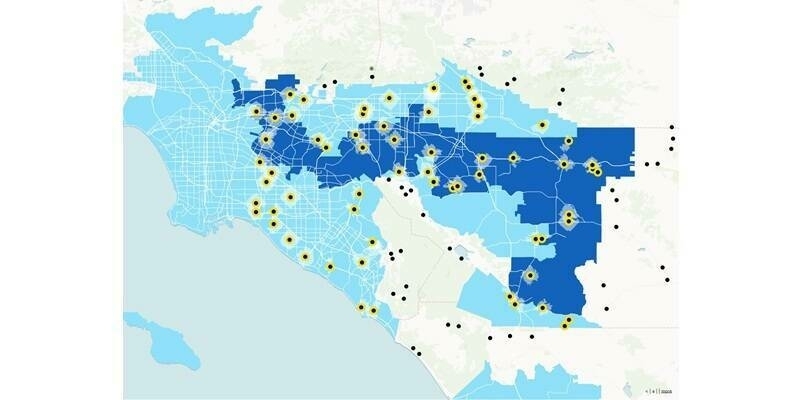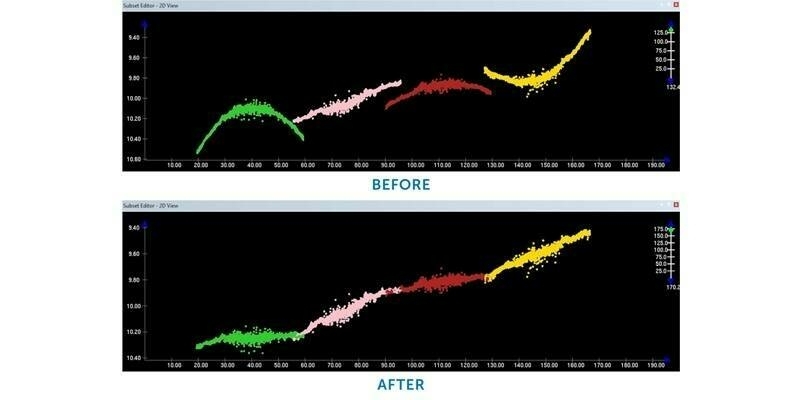EUMETSAT has re-positioned its Meteosat-9 meteorological satellite over the Indian Ocean, from where it will provide data crucial for the safety of the people of island nations and eastern Africa.
It is also important for improved weather forecasting in Central and Eastern Europe and Central Asia.
The satellite will replace EUMETSAT’s ageing Meteosat-8 spacecraft, which soon will be decommissioned and moved to the “graveyard orbit”.
“EUMETSAT provides this service on a best-effort basis, as its contribution to an international initiative to provide meteorological satellite coverage from the geostationary orbit over the Indian Ocean region,” EUMETSAT Director-General Phil Evans said.
“It ensures the service provided by Meteosat-8 continues after that satellite is decommissioned later this year.
“This service is critical for monitoring severe weather events, such as cyclones, which dangerously affect the livelihoods of Indian Ocean populations and the security of people on the African east coast.
“Meteosat-9 is a very capable geostationary meteorological satellite and an important source of up-to-date weather and climate information.
“Maritime transport, aviation, fisheries and agriculture, tourism and public weather services on and around the Indian Ocean, including the overseas territories of EUMETSAT member states, rely on this satellite’s data. The European Union and the Indian Ocean Commission facilitate access to and use of Meteosat data in the island states in support of disaster resilience and climate change adaptation.”
Subscribe to our newsletter
Stay updated on the latest technology, innovation product arrivals and exciting offers to your inbox.
Newsletter

